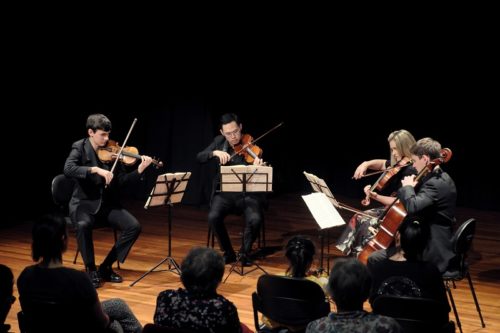
Music / Grevillea Quartet presents Mozart and Borodin. Larry Sitsky recital room, ANU School of Music, December 9. Reviewed by ROB KENNEDY.
THE distance between Mozart and Borodin on the time scale is not that far apart, but as the Grevillea Quartet showed in their first concert of the year, generations separate their music.
Mozart wrote 26 string quartets, but he is not known for them like he is with his symphonies and operas. His 15th, in D minor, as violinist, conductor and manager of the Grevillea Quartet, Shilong Ye pointed out, is one of a few pieces he wrote in a minor key, and it’s distinct for that reason.
Matthew Witney on violin, Julia Clancy on viola, Samuel Payne on cello, and Ye on the other violin were immediately on note in Mozart’s “String Quartet No.15”. While beginning a little like a contemporary movie score, it soon moved into the classical position of statement and repeat. Grevillea felt this music out with refined accuracy. Their balance was immediately present and fitting.
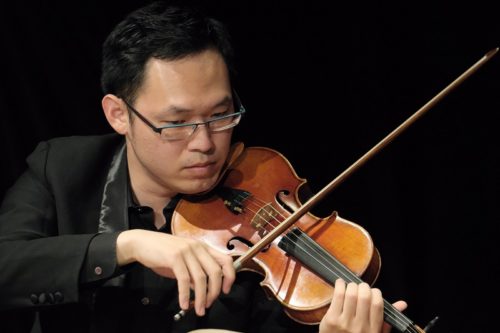
The music weaved its story of subtleness in the first movement, which was a declaration of understatement. The conversation of the second movement between the players felt intimate. The brisk third movement sat in counterpoint with its pizzicato and playful tunes, which made feet swing in the audience.
The last movement seemed to meander through a new and unexciting idea, perhaps even tedious. Yet the players never faulted. The piece does not end on a high note and the first three movements stood apart. It was still a thrilling beginning to the first concert of 2020 by the Grevillea Quartet, even if it’s so late in the year.
With no interval, the “String Quartet No.2 in D Major” by Alexander Borodin came next. Born just 42 years after Mozart’s death in 1791, Borodin has left his stamp on music, even though he only wrote about 60 works.
His second string quartet has left a permanent musical mark on the world. It is complex, dynamic and profound, as much Russian music is. It’s like every emotion is portrayed in this piece, and Grevillea has exposed its inner beauty. The cello had many exceptional moments and every one of them was handled extremely well by Payne.
This piece offers every player a good selection of personal moments and all left their mark. Each player feels as strong as the other. They blend well. With little to no eye contact, they never miss beginning and ending as one.
The Notturno third movement of this quartet is a one-movement symphony full of passion and life. Each player stood out, making their lines special. The fourth movement belongs to another period. It shifts the music forward another 100 years with its grinding cello notes. Grevillea played it all with precision and inspiration, as was the whole concert.
Who can be trusted?
In a world of spin and confusion, there’s never been a more important time to support independent journalism in Canberra.
If you trust our work online and want to enforce the power of independent voices, I invite you to make a small contribution.
Every dollar of support is invested back into our journalism to help keep citynews.com.au strong and free.
Thank you,
Ian Meikle, editor
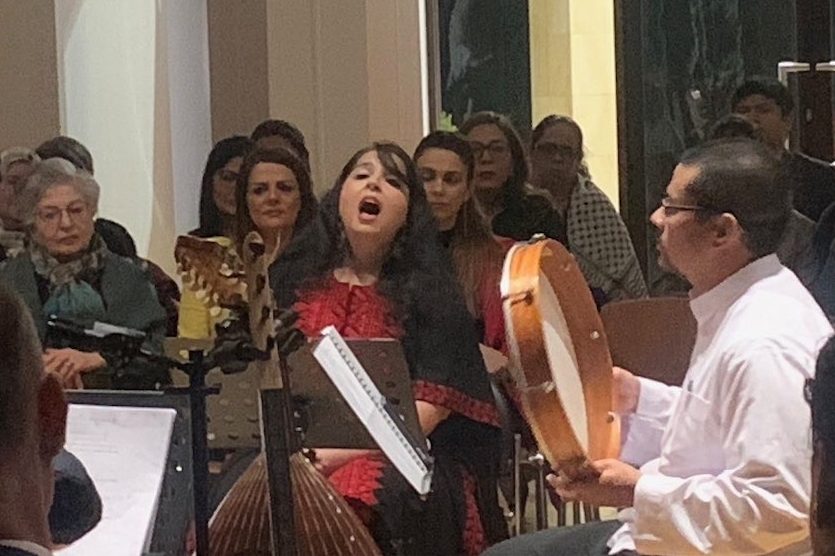
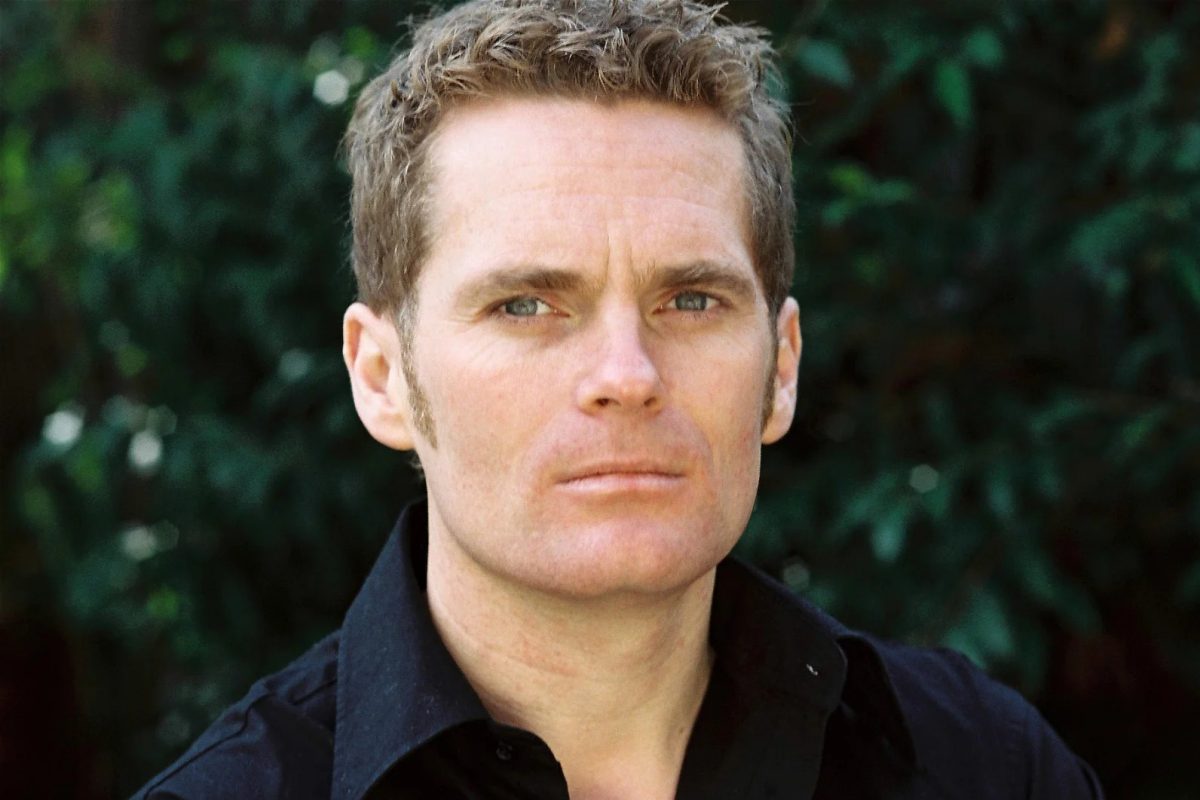
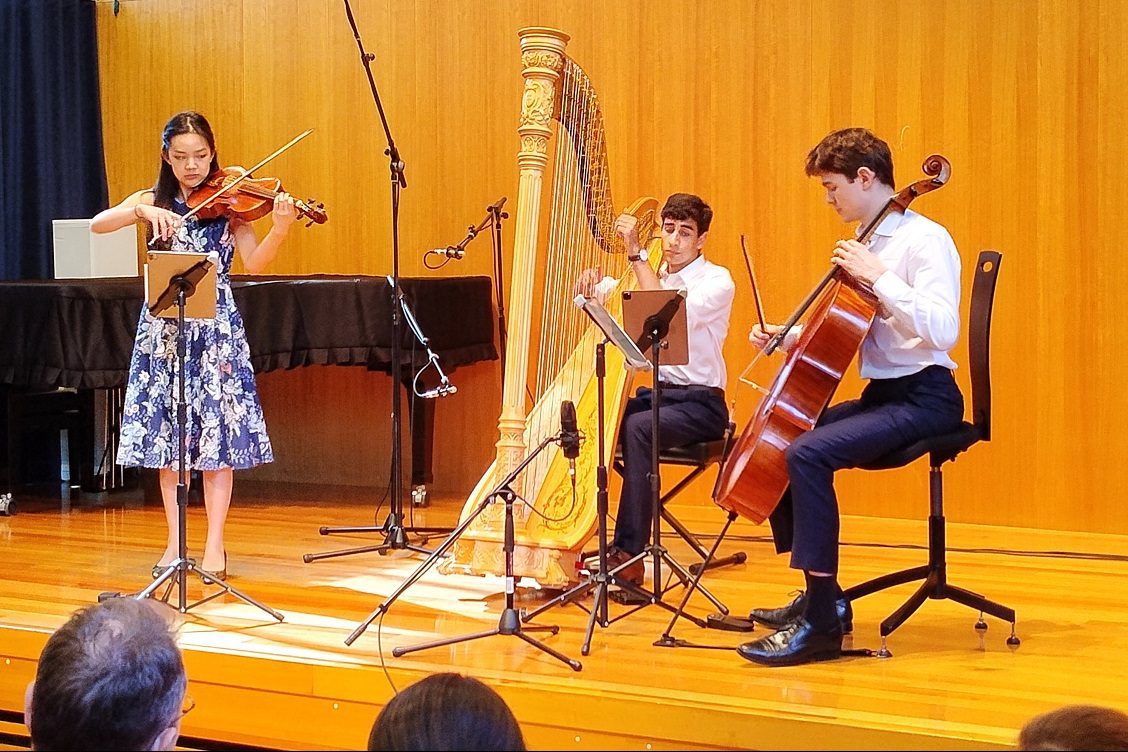

Leave a Reply